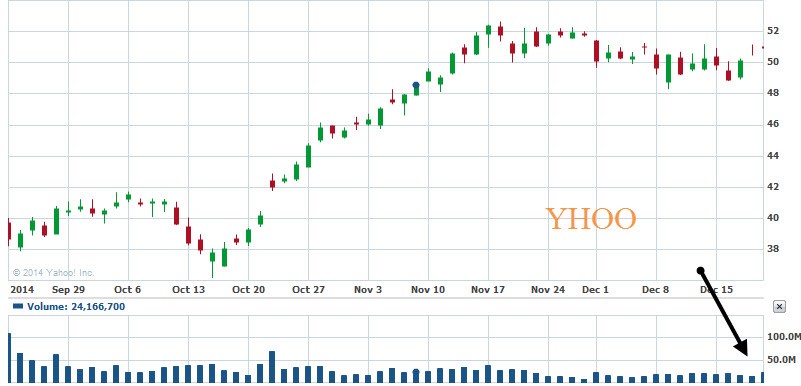What is a liquid stock and why is liquidity important in our trading?
Let’s first define what is meant by the term liquidity.
What is the meaning of liquidity?
Liquidity refers to the ease with which you can buy and sell an asset. Assets that are popular and highly traded can be bought and sold with a small change in the price when the transaction is completed.
A simple scenario easily explains the importance of liquidity:
Imagine there are two competing ice cream stores that sit beside each other on a busy street.
Store A sells only one flavor, vanilla, while store B sells any flavor you can imagine. Each store has to buy the ice cream as inventory because the ice cream is the asset and they want to turn that asset into cash through sales.
The problem for store A is that by selling only one bland flavor, they don’t see much business. Often times the ice cream gets thrown out because it sits in the freezer far too long. This store has a liquidity problem because they are not able to convert their asset (ice cream) into cash fast enough. As well, many times they have to lower the price dramatically to sell most of their product. This drastically cuts into their profit margin.
Store B though is extremely popular with lines of customers extending down the street on most days. They are easily able to convert the ice cream to cash and have never had to discount their product. The owners of this store make good profits and because of the liquidity of their asset, it gives them the money to reinvest in other assets which will add to their bottom line.
However, store A is not doomed to failure. In order to have a liquid asset, that asset has to be popular and a recent study has shown that the vanilla ice cream at store A has amazing fat reducing properties. While they used to struggle for business, store A has now has a hard time keeping their product in the freezer as their customer base is now the envy of their competitor.
The popularity of the asset held by store A has now made it extremely liquid and the owner is able to sell their product at a premium.
What is a liquid stock?
Quite simply, a liquid stock is a stock that trades enough shares so that the holder of the stock can easily sell when they choose to. Examples of stocks with 100-day average volume divided by shares outstanding:
- YHOO – Yahoo – 30.1 million shares
- TWTR – Twitter – 24.8 million shares
- JCP – J.C. Penny – 19.9 million shares
This is a chart of Yahoo and you can see recent trading volume shown with the black arrow. You can also see a large run up from Oct 13 to Nov 17 at pretty high volume. If you were fortunate enough to have a position, the liquidity of this stock would have made it possible for you to sell out your shares at will.
It should be obvious that trading in liquid stocks or other assets is a much better play than focusing on assets that don’t garner much interest.
- Trade stocks that are liquid by monitoring the volume traded per day
- High volume of shares traded such as in Yahoo, makes it easy to exit positions
- If your transactions take a long time to fill, chances are you are not trading a liquid stock
Ensure you are trading liquid stocks with high enough daily volume so your own trading actions don’t have the ability to move the market. Many traders use 10,000 shares traded as the basis for a low liquidity stock. You don’t want to actually “be” the market which can happen if you trade large quantity of shares in a low liquidity market. A rule of thumb some traders use is to never trade more than 5- 10% of the shares traded in any market.
Example: Stock A trades at 300,000 shares per day. You would not carry a position exceeding 15000 shares.
You want to ensure that whatever asset you hold, that you can easily convert it to cash when the time is right. Having your eye on the liquidity of the stock you intend to trade goes a long way in ensuring that the hard work you put into finding great trades, pays off with handsome profits.
